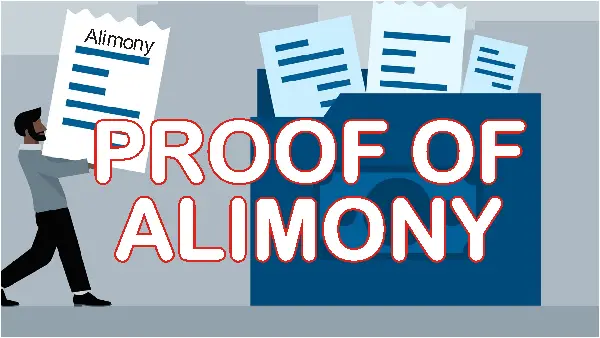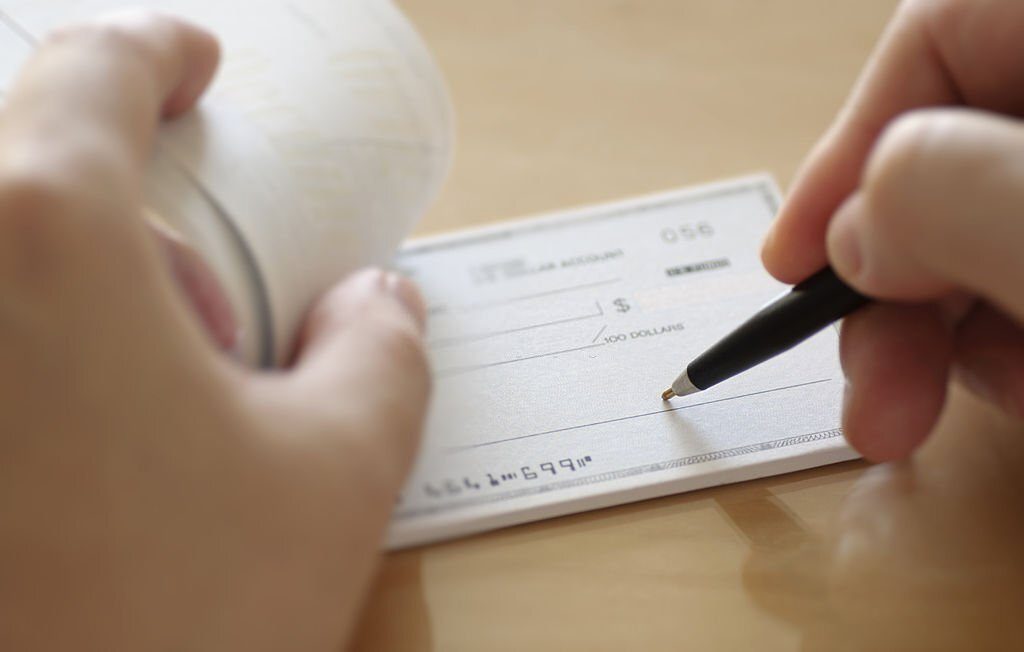
The need for proof of alimony payments has become very important due to disagreements in the future or outright bad intent by one party. Alimony is a crucial part of the procedure if you’re going through a divorce.
During divorce procedures, a judge usually decides who is liable for paying and receiving alimony. This decision is decided based on a number of variables, including the spouse that earns more money and if any spouse previously abandoned a job to care for their children at home.
It’s critical for both parties to keep meticulous records of alimony payments, regardless of who is paying. One spouse may allege that alimony payments were never made or received in a contentious divorce.
Be sure of the alimony payment method used. In many cases, meticulously maintained proof of alimony payments will serve as documentation that payments were made or were not made.
Alimony Records to Keep
It’s a good idea to keep track of any alimony payments you make and receive. Following a contentious divorce, it is common for spouses to contest (or, in certain cases, the IRS to investigate) amounts paid and accepted as alimony.
It is up to the persons involved to decide what records to preserve for alimony payments. If you don’t have documentation that proves exactly how much was paid or received, the individual paying alimony could lose their tax deduction and be required to pay the other spouse any undocumented payments.
For those not sure what documents to keep safe as proof of alimony payments, we outline them here for you:
Support Payer: Proof of Alimony Payments

A Cash Payment receipt is one alimony record to keep
For the paying spouse, alimony payments are tax-deductible. Due to this fact, it’s essentially important for the paying spousal support to keep comprehensive proof of alimony payments that should include the following information:
- A detailed list of all alimony payments made throughout the year, including the amounts and dates.
- Photocopies of any canceled checks.
- The address to which each of the checks was mailed.
- Always double-check the numbers of each check.
- Request the recipient signs a receipt for any spousal support payments made in cash.
Ensure all the documents are kept safe for a minimum of three years from the date of filing your tax returns. In case of a tax audit by the IRS, these will be your evidence of compliance.
There are even divorce experts who say these documents should never be discarded, sighting need for future reference.
Support Receiver: Proof of Alimony Payments
An ex-spouse who is receiving support payments should keep a complete record of each payment. The recipient should include the following information with each payment:
- The total amount of the payment received
- The date on which the payment was made;
- The check number (or another piece of identifying information, such as the money order number) from whence the payment was made
- A clear copy of the check or money order that was used to make the payment
- a copy of any cash payment receipt that the recipient signed.
- The checking account number from which the cheque is drawn, and
- The name of the bank (or the location where the money order was issued) from which the check is drawn.

Keep all checks used to pay alimony
In case the IRS comes knocking, the receiver of alimony, like the payer, should keep these records for at least three years or more. You never know what can crop up in the future.
Furthermore, if you believe your former spouse has stopped paying alimony, you can bring your records to court to show where your ex stopped paying and demand that future payments be made.
Conclusion
Whether you have a tense or friendly relationship with your ex-spouse, it is always preferable to be able to safeguard your interests. One sure way of doing this is to keep a record of proof of alimony payments.
Keeping track of your alimony payments will come in handy if they ever decide to challenge the support in court. These will be your evidence to help the judge to decide in your favor or not.




